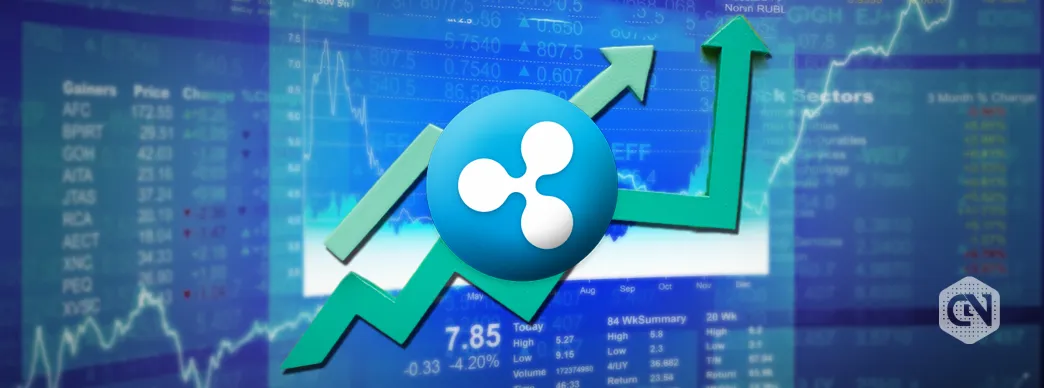- US prosecutors have charged a South African computer programmer with wire fraud.
- George Wolvaardt has been accused of helping to create a bot that placed thousands of spoof crypto trades.
- The sham trades are said to have pumped up the price of a little-known crypto token.
- For more financial news, go to the News24 Business front page.
A Johannesburg coder is facing 20 years in jail in the US for his alleged role in a $2 million (R40 million) scam to artificially boost the price of a little-known crypto token.
George Wolvaardt is accused of conspiring with two colleagues in the US to manipulate the market for Hydro, a crypto token by Hydrogen Technology, a private company based in Miami, Florida.
Tokens are types of digital assets built on the blockchains of existing cryptocurrencies.
The 38-year-old has been charged with two counts of wire fraud, one count of conspiracy to commit wire fraud, and one count of conspiracy to commit offences against the United States. The case was investigated by the Federal Bureau of Investigation.
READ | 16 months later, crypto kingpin Johann Steynberg is still in Brazilian jail, says NPA
Wolvaardt was the chief technology officer and sole director of Moonwalkers Trading, a Randburg-based company that provided “market-making” services for crypto assets, including tokens.
US prosecutors say he helped create a bot that placed thousands of automated “spoof orders” on a well-known cryptocurrency exchange in an effort to manipulate the price of hydro.
According to an indictment unsealed last month, Moonwalkers was hired by Hydrogen Technology to create the appearance of strong demand for the hydro token on crypto exchanges.
But rather than buying and selling the token, the bot is alleged to have traded with itself – a practice known as “wash trades”.
These sham trades pumped up the token’s price and induced others to buy and sell the digital asset.
“Hydrogen Technology profited approximately $2 million from the sale of Hydro at artificially inflated prices as a result of the conspirators’ manipulation efforts,” states the indictment.
Internal messages – apparently culled by private Slack channels – show Wolfaardt and co-accused Michael Kane and Shane Hampton using terms such as “wash trades” and “faux buy walls”. Prosecutors say they clearly show the trio were aware their scheme was fraudulent.
Wolfvaardt declined to comment to News24.
The long arm of the law
It’s still unclear what action, if any, US authorities intend to take to get Wolfaardt to a US court.
South Africa has an extradition agreement with the US, and the two have been known to speedily extradite defendants in fraud cases. In June 2022, for example, South African cryptocurrency developer Riccardo “Fluffypony” Spagni was extradited from the US to face decade-old fraud charges in Cape Town.
Johann Steynberg has spent 16 month in a Brazilian jail.
German courts are considering whether to put in a request to extradite former chief executive of Steinhoff, Markus Jooste.
Riccardo Spagni was extradited to South Africa last year.
South Africa has also often extradited alleged internet scammers to the US.
But extradition proceedings can get bogged down in legal challenges.
Johann Steynberg, the founder and CEO of Mirror Trading International – a Ponzi scheme that collapsed in late 2020, is still waiting to hear his fate 16 months after being arrested in Brazil.
Steynberg, from Polokwane, was nabbed in a raid after fleeing SA when the scheme he founded fell apart.
Credit: Source link















































